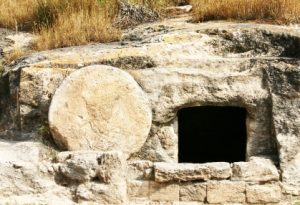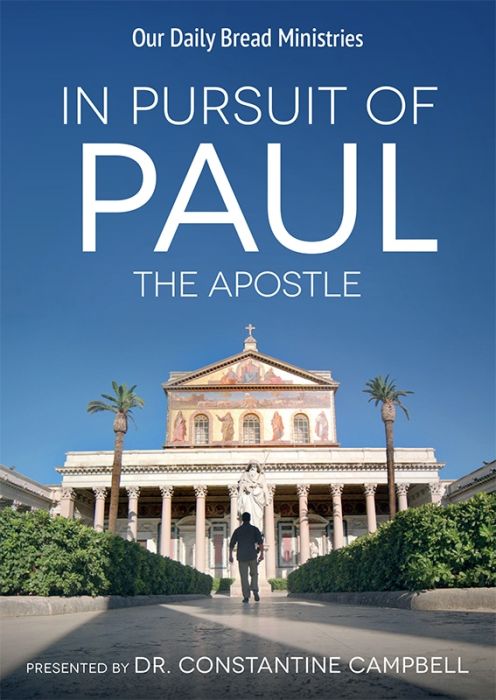Bible Authenticity – Is the Bible Reliable?

Is the Bible reliable? Does it contain myths, or are the stories true? Did the writers simply write down stories they had heard from other people, or did they experience the things firsthand that they wrote about?
The Bible is not made up of cleverly devised fables or myths. “We did not follow cleverly devised myths when we known to you the power and coming of our Lord Jesus Christ” (2 Peter 1:16 NAB). Many of the Bible writers were actually eyewitnesses of their written accounts. “But we had been eyewitnesses of his majesty” (2 Peter 1:16 NAB; see also 1 Peter 5:1) Eyewitnesses also handed down their accounts to others who carefully researched these things. (Luke 1:1-3) Still others studied and pondered. (Ecclesiastes 12:9-10) But none came from human will. (2 Peter 1:21)





